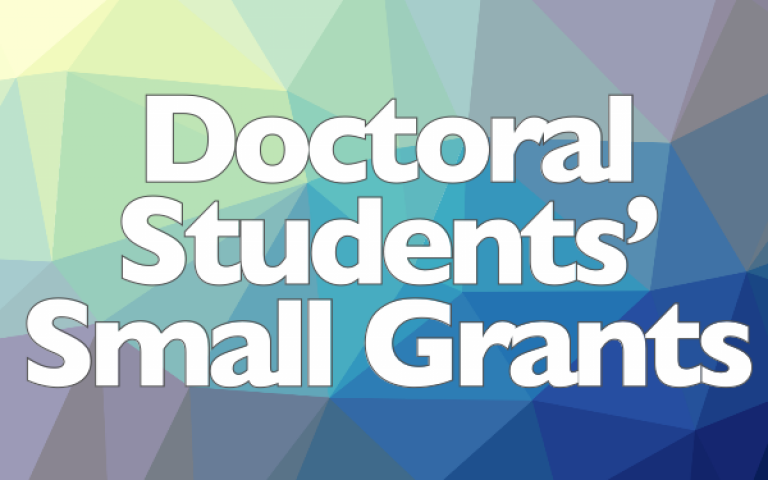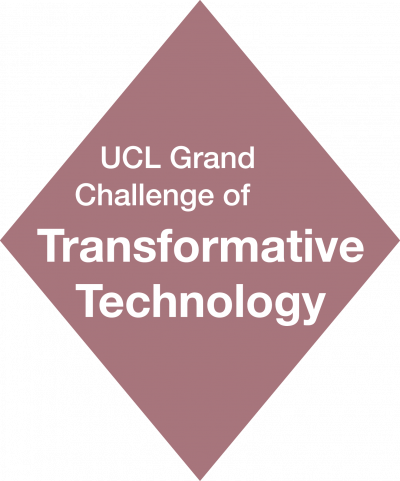Unravelling the Microbiomes in the Cheese Making Process: From Raw Milk to Mature Cheese
Report on the outcomes of research into microbial community structure of the raw milk, starter culture and the mature cheese, supported by the UCL Grand Challenges.

20 September 2019
Over the past 300 million years, milk has evolved to be an energy-dense and nutrient-dense matrix of carbohydrates, lipids, proteins and a variety of micronutrients delivering nutritional support to neonates and providing a rich environment in which many microorganisms thrive. From c. 10,000 years ago, milk and fermented dairy products have routinely featured in the diets of many populations globally.
While ancestral populations may not have understood the role or even the presence of microbes in fermenting milk into cheese, modern investigative techniques have characterized the microbiota involved in the transformation processes and in the cheeses. However, no studies have yet identified the microbes in the raw milk and compared these to those in the mature cheese. This study will be the first to determine the microbial community structure of the raw milk, starter culture and mature cheese. The results will give us a better understanding of what microbes are actually important in the cheese-making process.
A team of doctoral students at UCL has teamed up with Holker Farm Dairy, a small traditional sheep cheese producer, to study the microbial community structure of raw milk, starter culture and mature cheese through 16S rRNA sequencing, and presented their results at the UCL Microbiology Symposium on 5th April 2019.
 Close
Close


